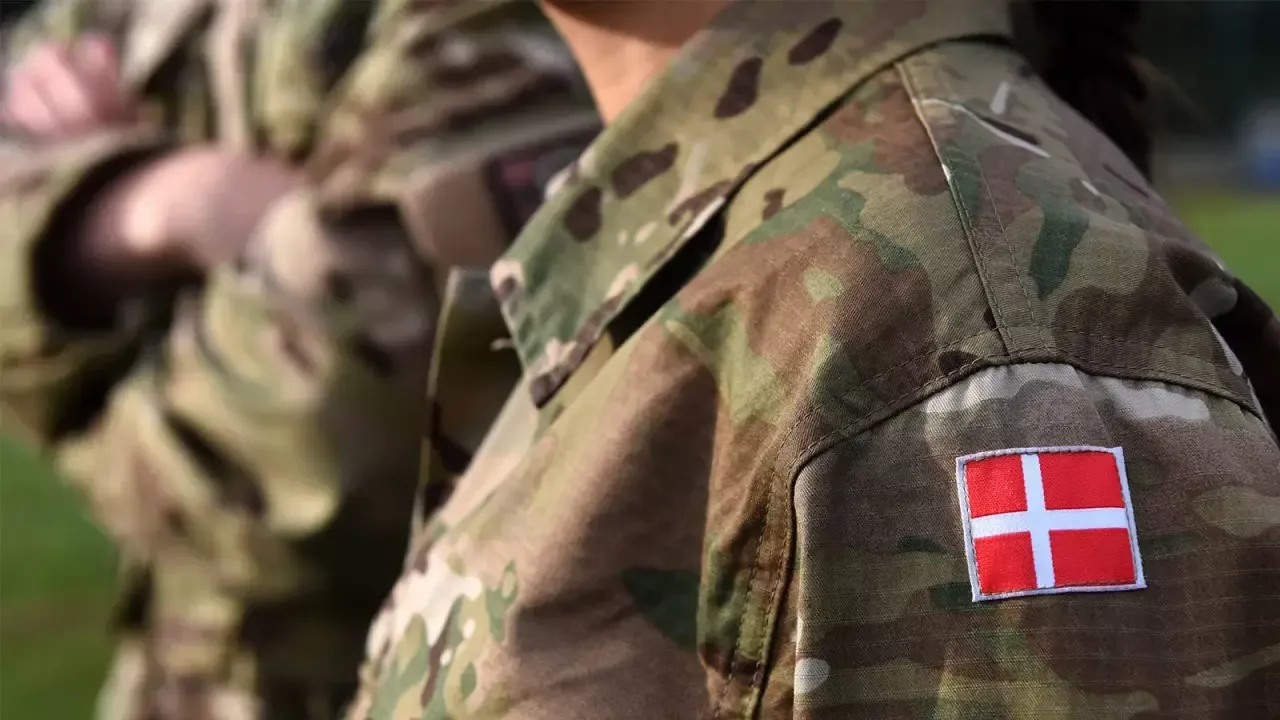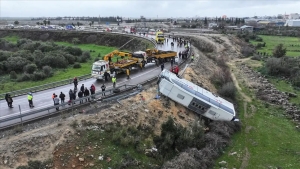Denmark Accused Russia of Distrust Within NATO

At a press conference held in Copenhagen, the capital of Denmark, Thomas Ahrenkiel, director of the Danish military intelligence service, accused Russia of hybrid warfare. This was reported by Zamin.uz.
According to him, Russia is exerting various pressures to sow distrust within NATO and reduce Western countries' support to Kyiv. In recent weeks, the flights of unknown drones over aviation hubs in the country are considered part of this strategy.
Due to the movement of drones, Copenhagen and Aalborg airports were temporarily closed, and airspace restrictions were imposed for civilian drones. Investigations conducted by the police and military did not identify the drone operators, but the sequence of events resembles actions supported by the state.
Ahrenkiel described hybrid warfare as applying low-level pressure just below the threshold of armed conflict. This method includes cyberattacks, disinformation, sabotage, and drone flights near facilities.
Provocative actions against the Danish navy have also been recorded. However, Denmark's Minister of Defense, Troels Lund Poulsen, rejected the idea that the country is entering a war and stated that there is no direct military threat.
He announced that investigations into the incidents are ongoing, but no concrete evidence has been found so far. Ahead of the European Union summit, similar drone-related incidents occurred in several European countries.
The operations of some airports were temporarily suspended, which increased concerns. Security measures in Copenhagen were strengthened, and cooperation with allied countries on anti-drone systems was established.
According to an official Danish statement, the main goal of such pressure is to intensify disputes among allies, reduce aid to Ukraine, and slow down strategic decisions. Denmark, however, aims to respond not on the battlefield but through legal, technical, and diplomatic means.







